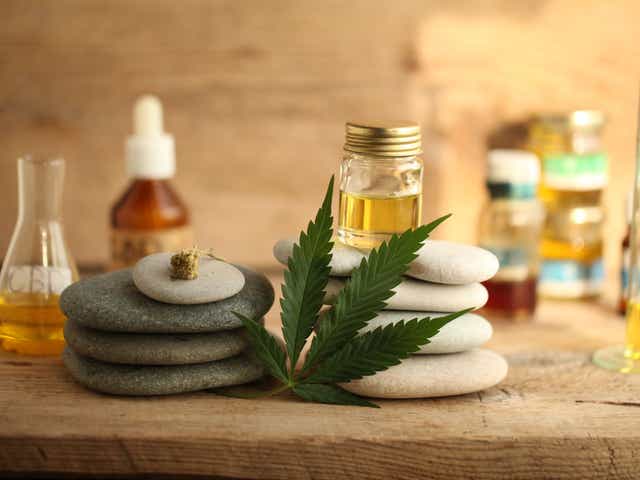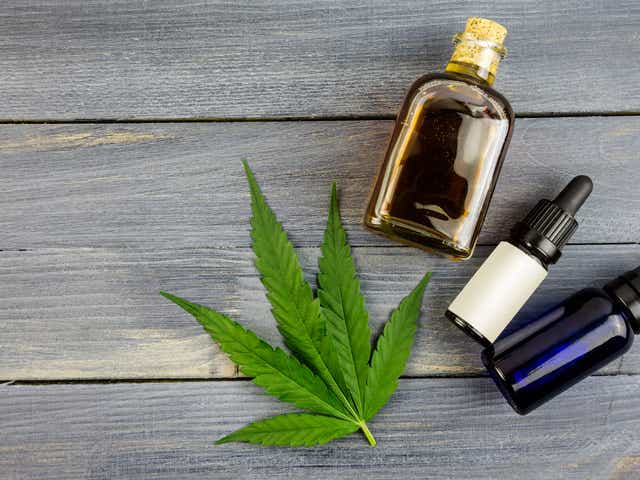Lesser-Known Uses of CBD

Of the hundreds of cannabinoids found in hemp, cannabidiol (CBD) is undoubtedly one of the most versatile. The list of conditions and diseases that can be treated with the substance is being added to almost daily. Yet not everyone knows everything about the active ingredient in CBD. Here are 10 lesser-known uses of CBD.
- Smoking cessation.
In a double-blind, placebo-controlled study, 24 tobacco smokers were randomly given an inhaler containing CBD or a placebo. Participants were asked to take a puff from the inhaler when they felt like smoking a cigarette.
For one week, the placebo users saw no difference in the number of cigarettes smoked, while the CBD-using group used about 40 percent less tobacco. Thus, using the CBD inhaler reduces smoking without increasing cravings for nicotine. This suggests that CBD can be used in smoking cessation and thus can help you with nicotine withdrawal.
- Acne
The Journal of Clinical Investigation and the National Institute of Health once published a study proving that CBD can treat acne. For this, researchers used cannabidiol from the CBD plant on human sebaceous glands. They concluded that CBD causes sebostasis (drying of the oils in skin) and inhibits inflammation by reducing the production of fat in the skin. - Diabetes
A study on non-obese mice with diabetes showed that the use of CBD prevents the development of diabetes. Although no direct effect of cannabidiol on glucose levels was measured, the treatment prevented the production of IL-12 by white blood cells in the spleen. Preventing the production of this protein is very important, as it plays a major role in many autoimmune diseases. - Fibromyalgia
Regular treatments for fibromyalgia are often anti-inflammatories, opiate pain medications and corticosteroids. But in 2011, researchers saw very positive results when using CBD against fibromyalgia.

Half of the 56 participants used CBD while the other half used regular treatment methods against their condition. The group that used CBD had much less symptoms and pain, but the “traditional” group noticed no improvement in their disease.
- Prion/Beak Cow Disease (BSE).
Cannabidiol is known to stop the development of prions. These are pathogenic particles that form from common proteins, including in the brain. They are the cause of neurodegenerative diseases such as Creutzfeldt-Jakob and BSE (Mad Cow Disease).
The development and accumulation of these cells was prevented with CBD during a 2007 study. That research was later published in the Journal of Neuroscience. CBD extended the survival time of infected mice by one week.
- Post-traumatic stress disorder (PTSD).
That CBD can help with the anxiety problems of PTSD has long been known. It is a mood-enhancing drug that is ideal for stable mental housekeeping due to its anti-psychotic effects.
Patients with PTSD typically have anxiety and stress problems, symptoms that are effectively relieved by CBD. Thus, the substance is ideally suited for people with post-traumatic stress disorder. Read the Readers Digest CBD oil article for more information.
- Schizophrenia
In 2012, a group of German scientists published a study in the Translational Psychiatry journal. Among 42 patients, the effect of the potent anti-psychotic Amisulpride was compared to CBD. Although both drugs were found to be effective, CBD excelled due to a lack of side effects. - Crohn’s disease.
CBD can be an effective treatment for gastrointestinal problems such as Crohn’s disease. The cannabinoids (active ingredients in hemp) THC and CBD interact with the digestive system and have a positive impact on intestinal peristalsis.
Spasticity in the intestines is one of the causes of Crohn’s and therefore CBD can provide relief to these patients. In doing so, cannabidiol stimulates the feeling of hunger in some cases and can reduce any inflammation in the intestinal tract, another symptom of this disease.
In some people, CBD does help them get to sleep and fall asleep, but there are no known studies on this. Should you want to use CBD as a sleep aid, you will probably have the best results with indica strains.





